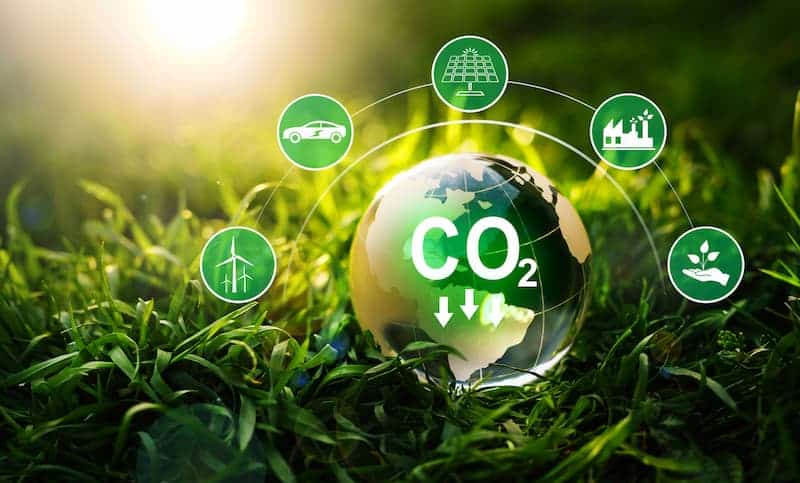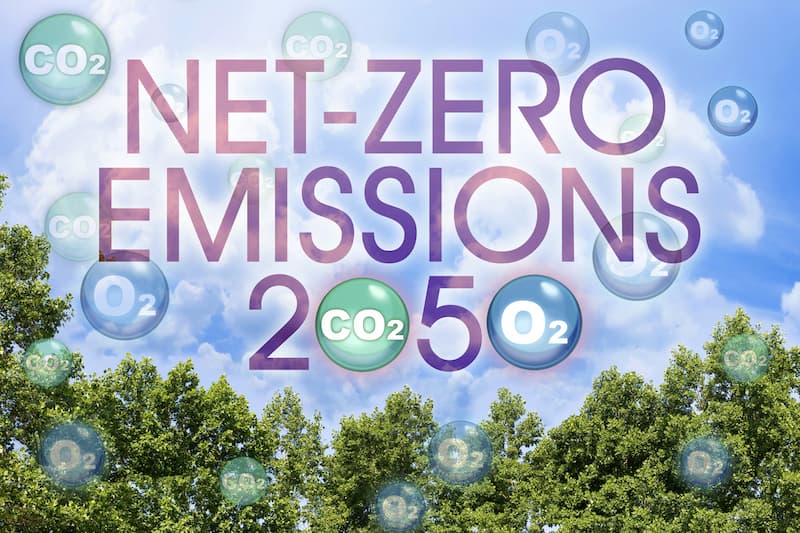How the Manufacturing Industry is Becoming More Sustainable
Manufacturing has always had a severe impact on the environment. The processes used in the past led to wasteful practices that were inefficient and also harmful to the environment, but fortunately, this is all changing.
We are in the midst of a profound change in one of the biggest industries worldwide. Across the UK, companies are committing to enforcing new procedures that will reduce carbon emissions, improve sustainability and bring the industry into the UK government’s Net-Zero 2050 plan. This article will discuss how we will reach this goal and become a more sustainable industry.
Waste Hierarchy
The waste hierarchy was introduced in 2011 as part of three different regulation schemes:
- The Scottish Environmental protection act 1990
- Northern Island waste regulations
- Waste regulations 2011, England and Wales
When considering their waste management plans, businesses must follow the hierarchy and encourage them to choose the most sustainable solutions. The waste hierarchy graphic shown here is a representation of this idea.
The concept is that every company will attempt to apply the highest step of the hierarchy to their waste scheme. They must only attempt the lower step if it is impossible to do the one above. So, for example, if prevention is not possible due to technical, financial or logistical issues, you try to reuse or recycle. Enforcing the waste hierarchy on your waste program is a national requirement. However, it is also a fantastic way of reducing your company’s carbon footprint.
As spring manufacturers, we regularly reassess our existing waste programs to ensure that we always carry out the highest step on the hierarchy possible.
Benefits of Recycling
There are more benefits to recycling than most people realise. Recycling isn’t just about saving the planet; it can be a way of significantly improving your financial situation as well.
Conserving natural resources gives them a longer lifespan. However, whilst in plenty, the world’s resources are at risk of diminishing. Fundamentally, manufacturing-specific resources such as metal, plastic and glass require more energy to create as raw materials than they do from recycled products. While paper and wood also fall into this category, we can offset this loss by planting more trees to compensate.
Reduced demand for Raw materials is just one advantage of recycling. Most raw materials require a vast industry to acquire and then transport to your manufacturing business, using even more energy and creating more harm to the environment. This process increases the costs and the production time for businesses; recycling can cut these impacts up to half in some cases.
Saving energy is another benefit. For example, the energy requirement for creating new:
- Aluminium uses 95% more energy
- Steel uses 70% more energy
- Paper is 40% more energy
All of these and more can be manufactured at the same high quality for far less cost and energy, thanks to the manufacturing industry embracing the benefits of recycling.
Net-Zero 2050 Plan
The essence of the Net-Zero strategy is to create a balance between the carbon emissions produced and the carbon removed from the atmosphere. This balance makes it Net-Zero, which means we will finally reduce the harm done with increased carbon emissions.
It’s believed that with the success of the UK’s ecological initiative, other countries will follow the recommendation of the Committee on Climate change and enact their Net-Zero initiatives. This worldwide shift to reduced carbon will increase our chances of avoiding the 1.5°C temperature rise by 2100 to 50%.
The Net-Zero plan is called 2050, but considerable changes need to occur by 2030 to ensure we can reach the Net-Zero goal by the required time. The hope is that we not only reduce output but increase carbon removal or offset.
Current status
According to statistics released in 2021, we’ve already reduced our national emissions by 48.8% since 1990. This fantastic achievement is proof that these measures are adequate for the environment and practical for businesses.
At the end of 2021, a new poll run by Subcon revealed that 40% of UK manufacturers were without a sustainability policy. They surveyed 81 subcontract companies to disclose this data, but 95% of these did state that they claim to implement a policy by this summer.
As proficient compression spring manufacturers, we know that manufacturing is a highly energy-intensive industry. Each company must implement a policy to comply with the nation’s goal of reaching Net-Zero by 2050. But, with:
- 67% reusing or recycling materials
- 58% reducing their energy consumption
- 31% reducing their freight miles
Thanks to various government-assisted grants and electrical companies’ carbon offset plans, this initiative’s momentum are gaining speed. As a result, 2022 should see some significant changes across our national industry.
Innovation for a Bright Future
Established in 1948, we at European springs are the leading experts in custom spring design and bespoke pressings for the broadest range of applications. We are dedicated to not only providing our customers with the best springs and pressings, but we are also committed to meeting our ecological goals. We achieve this through reducing carbon and improving our sustainability with new, innovative processes.
If you have any questions about our products including compression springs, tension springs and torsion springs., please don’t hesitate to contact us, and one of our experts will happily answer your questions.



